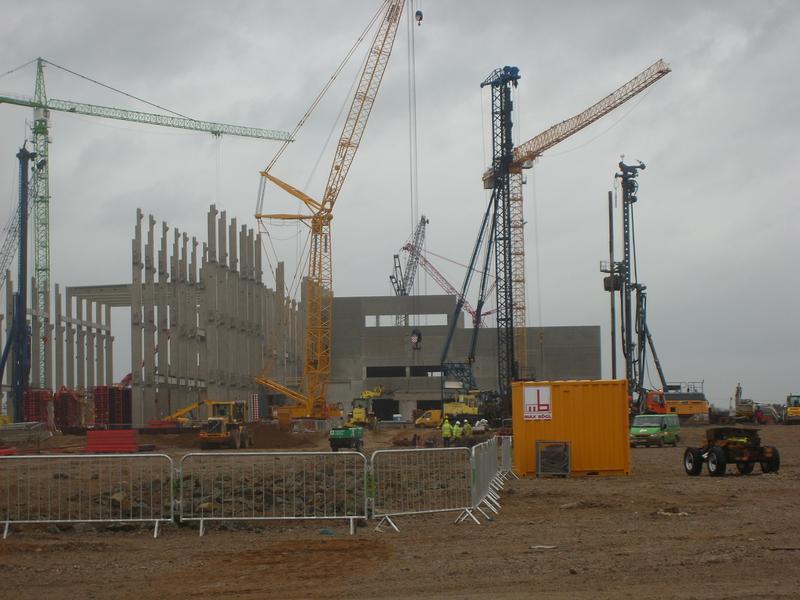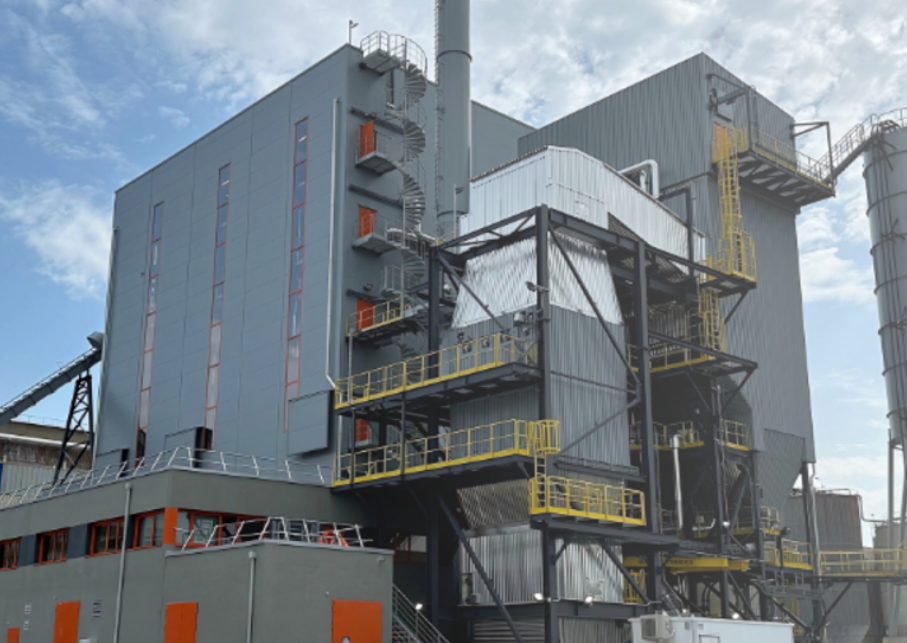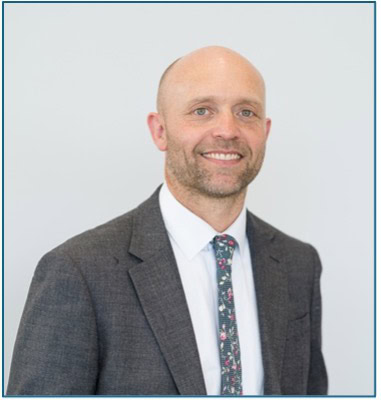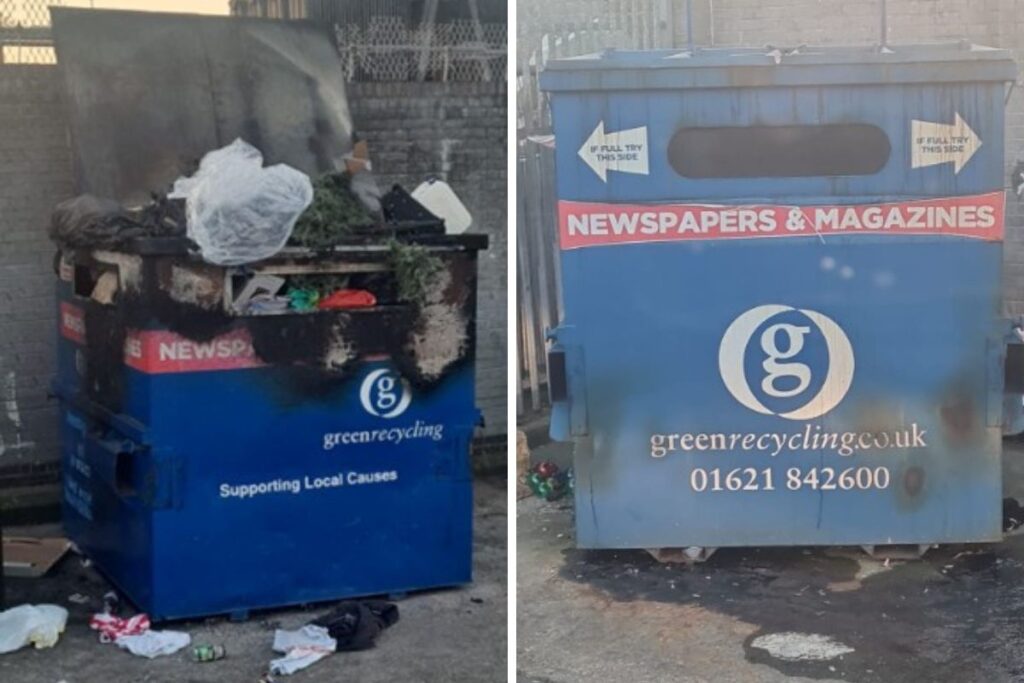The Norfolk development will provide Palm with its seventh papermaking machine, to be known as PM7. The total investment by Palm in Norfolk will be in the region of £400 million and at peak times, more than 1,000 construction workers will be on site. And, the company has started talks with potential used newspaper and magazine suppliers, including merchants, waste management companies and local authorities.
Family-owned
Palm has a long tradition of paper making. Reaching an annual turnover of £625 million in 2007, the company has developed from a small German papermaking business established by the Palm family in 1872. Today the business is still 100% family-owned and headed by Dr Wolfgang Palm. It owns three mills and 18 corrugated box plants – mainly in Germany, and has 2,800 employees.
Palm has never used any virgin fibres in papermaking – today recovered paper is the fibre source while in the past rags and other materials were used.
The company's three mills provide for a total of six paper machines, three for newsprint and three for corrugated lines producing 1.4 million tonnes per annum. Palm is proud of the fact that it will have the world's most modern newsprint plant in Norfolk and points to world speed records achieved at its Wörth plant in the Rheinland-Pfalz region of Germany for corrugated board production on its PM6 machine.
Commissioned in 2002, PM6 has a production capacity of 650,000 tonnes per annum. The second plant at Eltmann plant is in the heart of Germany and has two newsprint machines: PM1 produces 190,000 tonnes and PM3, which came on stream in 1999, produces 330,000 tonnes of newsprint a year.
The other mill at Aalen-Neukochen in southern Germany, houses Palm's headquarters and two paper machines for corrugated board papers and one for newsprint (PM2).
While Dr Palm heads the group, day-to-day operations are in the hands of four executives in what is seen within the company as “an efficient, lean-and-mean approach to business.”
In the UK Palm Paper is run by managing director Derek Harman who has been in the paper industry for 35 years, joining Palm Paper in 2002 when the company acquired the agency business he was running in the UK from Weyerhaeuser.
Mr Harman had originally joined the forest products industry in 1973 as a member of the shipping department for Johnsen, Jörgensen & Wettre Ltd, a leading woodpulp agency business in the UK representing suppliers from Scandinavia, USA, Canada, Portugal and Brazil. He is currently president of the UK's Paper Agents Association.
Local authorities are interested in being able to deliver on a long-term basis in the UK
Derek Harman, managing director Palm Paper UK
Palm has seen significant growth over the last 10 years, from 433,000 tonnes to 1.4 million tonnes in 2007. In Germany it is number three in production terms with 15% of the market and in corrugated case making is number two, with a 13% share. So with this good share of the German market, why decide to set up in the UK?
Explaining the rationale behind King's Lynn, Mr Harman says: “We decided we would go for newsprint in the UK because we had a 15% share of the German market. We wondered whether we could increase this by 400,000 tonnes, possibly not. So we looked at the export market and our biggest was the UK.”
Long-term supplier
Palm has been selling newsprint since 1995 into the UK and currently supplies newspaper manufacturers with 100,000 tonnes a year, about 4.3% of the market. Mr Harman explains: “We like to think we have proven to our customers that we are a reliable, long-term supplier. They know us in their pressrooms.”
But, is the idea of moving into UK really justifiable? Mr Harman says “definitely yes. The UK consumes 2.2 million tonnes, produces one million tonnes and imports 1.2 million. In theory there is room for three new machines to make up that 1.2 million gap.”
Palm Paper is also of the view that some of its customers would welcome more competition. Mr Harman will not be drawn on this but the company is known to have good links with companies such as News International.
“We are confident in that the demand is there,” he says. However, whether the company will be able to find the used newspapers and magazines for King's Lynn is being actively discussed within the UK's paper sector.
Mr Harman reflects that the collection rate now has improved tremendously to around 60% but even at that level “there is room for improvement – Germany is collecting about 74%”.
And, with about 4.6 million tonnes of recovered paper exported from the UK each year, Mr Harman says it is clear that there is sufficient fibre available for King's Lynn. “Sufficient material is being collected in the marketplace for us to secure the recycled paper we require to produce the tonnage.”
Carbon footprint
And, he argues that on environmental and ecological grounds it is better to process in the UK. “The carbon footprint is smaller, there are other arguments too. If you were a waste paper merchant or trader, you would have to be concerned that China is starting to do its own recycling of newspapers. It is a different argument for corrugated materials – the Chinese are shipping products all around the world and need packaging fibres.”
The choice of King's Lynn was not an obvious one for a new mill. Instead, early expectations were for a site East of London, probably near the River Thames.
“But, when we found the site,” says Mr Harman, “we knew it was absolutely ideal. We needed to find all the facilities for the mill in terms of energy and recycled fibres and we needed to be close to the press rooms. For example we are not far from the A10 trunk route and can get easy access to the News International print rooms at Harlow. We hope that all the major nationals will be our customers.”
For PM7 Palm has acquired 110 acres of land alongside the Great Ouse. Situated south west of King's Lynn, the mill will draw fresh water from a flood relief channel linked to the river. The claim is made, as often happens with paper mills, that the water put back into the Ouse “will be cleaner than when we took it in”. The mill will create 150 direct jobs and more than 150 indirect jobs, he predicts.
And Mr Harman is excited about the mill's potential. “This will be the most modern newsprint machine in the world using 100% recovered fibre. The Voith machine at a width of 10.63 metres will be the biggest in the world and will run at 2,200 metres a minute – the current world speed record, held by our own PM3 – is 2,000 metres per minute.”
The machine was ordered in mid-2007 and construction work started in January 2008 with the company now starting to hire people for business and administration work. The machine itself is to be installed in the first quarter of 2009 over a six week period followed by testing during July and August, with the aim to have saleable paper by September. A total of 25,000 machine parts will be assembled and around 200 km of cables and 800 motors installed.
And the development will also include space for a second similarly-wide machine although no commitment to such a project has been made.
In terms of suppliers of used newspapers for King's Lynn – Palm will need 450,000 tonnes of paper a year to produce 400,000 tonnes of newsprint – up to 12 suppliers are being courted.
Local authorities
The company is also talking directly to local authorities and Mr Harman says that Palm will be “very competitive in the market. Local authorities are interested in being able to deliver on a long-term basis in the UK rather than sending material abroad. This is a long-term project and so we can give them assurances.”
And Palm is not just looking to source fibres from the East or South East of England. “We will take paper from anywhere in the UK, providing it is economic,” he declares.
When the Aylesford Newsprint mill came on stream in the mid-1990s, prices for used newspapers rose substantially, because of export and UK demand. Mr Harman is reluctant to predict what will happen next year. “The market will do whatever the market does. Even if we were at full capacity we could not be the main market driver.”
And, he is pragmatic about variations in price levels. “Prices will have to be passed on – it is a natural progression – or the prices will come down.”
Nor will Palm be looking to start storing large tonnages for the start of the plant. “We prefer fresh material for our production,” he says. “We will have to balance that with what we do take-in in advance. I would say that we are very keen to talk to anybody who has the fibre. Joanne Evans, our purchasing director is now actively talking to potential suppliers.”










Subscribe for free